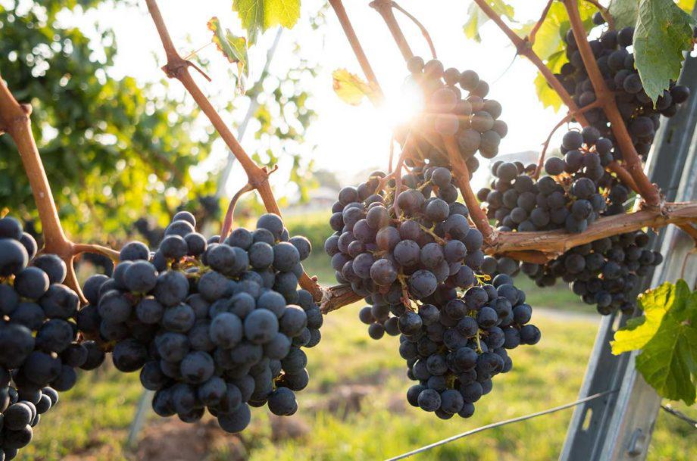
Whether you’re a wine devotee or new to the wonderful world of wine, you might have heard about some interesting varieties that are gaining popularity – these wine varieties are seeking to shift their sights away from the mass-produced styles we’re used to, and look again to winemaking methods that were used centuries ago. Verwood Wines advises that the two major wine styles that people are enjoying are natural and organic wines, and although these wine varieties might sound the same in theory, they are actually made in very different ways. In this article, we take a look at organic wines and natural wines and demonstrate the differences to help better inform you about your next wine purchase.
Understanding natural wine
When you’re looking to buy natural wine in your local wine shop, you might have been quickly confused by all the labels on the shelf assigning their wines all sorts of crazy names and varieties. You might quickly think that natural, biodynamic and organic are interchangeable labels, but natural is perhaps the most understood – If it’s just the tag of “natural” that has convinced you to take the plunge and try natural wines, you should be aware that wines made this way can have a very different flavour profile than you’re used to. With this in mind, it’s best to be open to new types of flavour profiles, particularly if you’ve only sampled conventional wines. This isn’t to say that natural wines offer outlandish flavour profiles, just that the process can impart some different flavours. What is this process, you might ask? Wines made naturally are produced with minimal intervention – that is, they are often left to their own devices when they’re being produced, with additives often limited to some degree (such as not using sulphur as a preservative). This process is why many wines classified as natural wines produce flavours that simply aren’t found in regular wines
What are organic wines all about?
Generally, a wine that is organic is termed as such due to it being made with grapes grown on an organic farm, in the same way you might find organic fruit and vegetables in the produce section of the supermarket. Because “organic” can be a very marketable term, many wineries often have an official certification that labels them as organic, as this allows them to truly demonstrate their farming practices. The same can be said of biodynamic farming. The key difference between natural wines and organic wines, then, is that organic farming is not actually chemical-free – it simply employs organic chemicals, pesticides and treatments, unlike the minimal intervention nature of natural wines. With this in mind, it’s important to note that there can certainly be some overlap with organic wines and natural wines in the production process, but not all organic wines are natural wines and vice versa.
What variety of wine is right for you?
Choosing between natural and organic is not as simple as you might think – both of these production processes still involve a wide variety of different grapes, so it’s not really just a case of deciding on a natural or organic wine and buying the first one you see. If you’re not sure where to start, asking for in-store recommendations is definitely the best place to start --- this way, you can get something recommended that specifically meets your wine-related interests!





